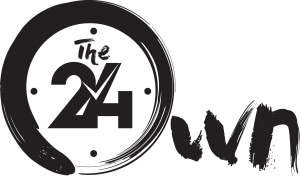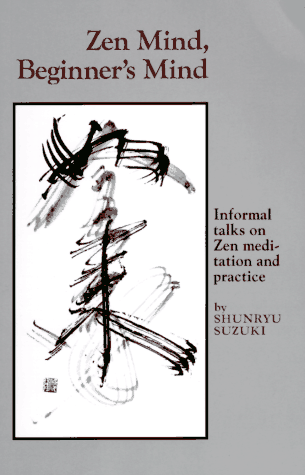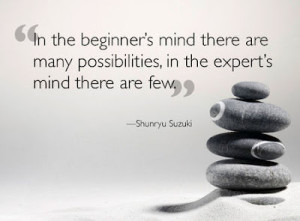I am blessed to have had the opportunity to read many wonderful books on Zen, Buddhism, Eastern philosophy, etc. Without question my favorite book on this subject is Shunryu Suzuki’s Zen Mind, Beginner’s Mind. In my opinion it is a must read for anyone with even a passive interest in Zen, meditation, and the attitudes and understanding that make Zen practice possible. The book is named from the saying, “In the beginner’s mind there are many possibilities, in the expert’s mind there are few.” I’ve always loved that saying and have tried to incorporate it into my daily life as much as possible. I find the book incredibly applicable to every day life, personal and business. The following is what I believe is an excellent example.
As I continue to familiarize myself with the wonderful Herbalife culture and other member distributors I am often reminded of the following brief section of the book. Here’s a suggestion, read it through one time, then read it a second time. When you read it the second time, replace the words “Zen”, “zazen”, and “Buddha” with “Herbalife”, and see what you think.
In our scriptures (Samyuktagama Sutra, volume 33), it is said that there are four kinds of horses, excellent ones, good ones, poor ones, and bad ones. The best horse will run slow and fast, right and left, at the driver’s will, before it sees the shadow of the whip; the second best will run as well as the first one does, just before the whip reaches its skin; the third one will run when it feels pain on its body; the fourth will run after the pain penetrates to the marrow of its bones. You can imagine how difficult it is for the fourth one to learn how to run!
When we hear this story, almost all of us want to be the best horse. If is it impossible to be the best one, we want to be the second best. That is, I think, the usual understanding of this story, and of Zen. You may think that when you sit zazen (sitting meditation) you will find out whether you are one of the best horses or one of the worst ones. Here, however, there is a misunderstanding of Zen. If you think the aim of Zen practice is to train you to become one of the best horses, you will have a big problem. This is not the right understanding. If you practice Zen in the right way it does not matter whether you are the best horse or the worst one. When you consider the mercy of the Buddha, how do you think Buddha will feel about the four kinds of horses? He will have more sympathy for the worst one than for the best one.
When you are determined to practice zazen with the great mind of Buddha, you will find the worst horse is the most valuable one. In your very imperfections you will find the basis for your firm, way-seeking mind. Those who can sit perfectly physically usually take more time to obtain the true way of Zen, the actual feeling of Zen, the marrow of Zen. But those who find great difficulties in practicing Zen will find more meaning in it. So I think that sometimes the best horse may be the worst horse, and the worst horse can be the best one.
As I think about the Herbalife members I know, or anyone else I know for that matter, those who are the most successful are those who have Beginner’s Mind; who have an open mind and are willing to consider new possibilities. They are also rarely the “best horse”! Hearing the stories of the guest speakers I am often reminded that, for the most part, the skills that brought them success in this business did not come naturally – they had to apply themselves to learning in order to achieve their success.
We all understand that we are most often our own worst critic. Too often we question our ability to be really successful in this business, we hit barriers and set backs and it brings doubt into our minds. Consider this perspective that it is not the best horses that are the most successful! Be grateful for what you might think are your limitations and imperfections because it is in those imperfections that “you will find the basis for your firm, way-seeking mind!”






